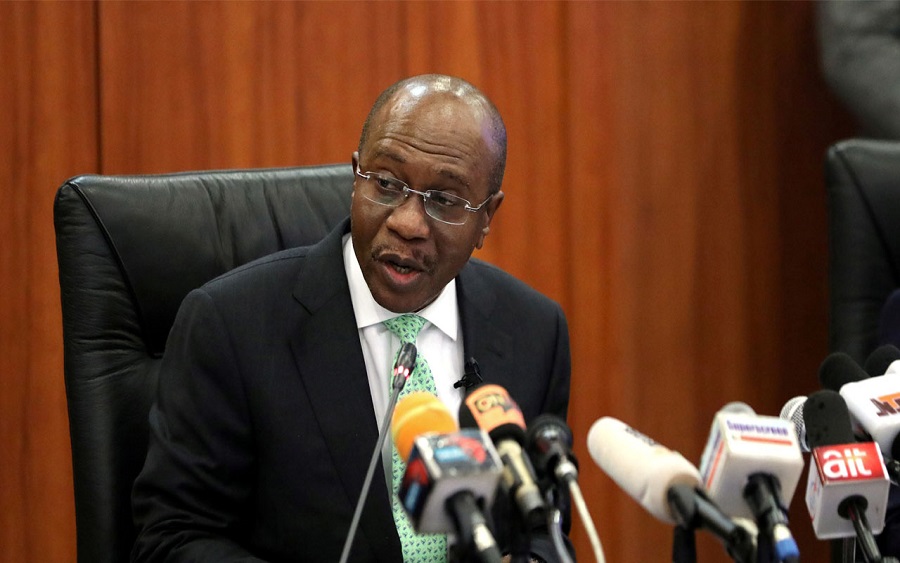There are no products in your shopping cart.
| 0 Items | £0.00 |


CENTRAL Bank of Nigeria (CBN) officials injected a total of $5.62bn into the foreign exchange market in the fourth quarter of 2020 as part of desperate efforts to stabilise the naira and stem its incessant fall as a result of dwindling government revenue.
Over the last year, the naira has been very vulnerable to money market volatility as government revenue has fallen in the wake of the coronavirus pandemic. Due to significantly reduced oil revenue receipts, the Nigerian government has been forced to dip into its foreign reserves, which inadvertently depreciates the value of the naira.
In a bid to stem the depreciation of the naira, the CBN has resorted to propping up the currency as a weak naira makes imports more expensive. Under normal circumstances, a weak naira should be a blessing as it should make Nigeria's exports more competitive but the country exports very little and is very heavily import-dependent.
This latest injection represented an increase of N1.25bn from the $4.37bn intervention in the economy by the banking regulator in the third quarter of 2020. In its report on transactions in the foreign exchange market in fourth quarter of 2020, the CBN said that during the fourth quarter of 2020, total foreign exchange sales to authorised dealers by the bank stood at $5.62bn, representing an increase of 28.7% above the level in the preceding quarter.
“The bank maintained its periodic interventions in the foreign exchange market to boost liquidity, enhance access to foreign exchange, curb unbridled demand and ensure stable exchange rate. This was attributed, largely, to the increased interventions in the BDC and I&E windows during the quarter,” the CBN report read.
Total foreign exchange sales, however, recorded a decrease of 46.1% below the level in the corresponding quarter of 2019. Further disaggregation showed that the bureau de change sales and income and expense sales rose to $1.36bn and $1.62bn from $0.34bn and $0.39bn respectively in the preceding quarter.
Interbank sales and small and medium enterprise intervention increased by 12.2% and 3.1% to $0.16bn and $0.31bn respectively, from the levels in the preceding quarter. The Secondary Market Intervention Sales and matured swap transactions, however, fell by 12.8% and 62.9% to $1.71bn and $0.46bn, relative to the levels in the preceding quarter.
According to the CBN, foreign exchange inflow into the economy improved, following the bank’s policy directive of November 30, 2020. In that policy, the bank had directed the transfer of all diaspora remittances to the domiciliary accounts of the beneficiaries or payment of customers in foreign currency, as well as the closure of all naira ledger accounts opened specifically for the purpose of receiving foreign transfers from diaspora Nigerians with immediate effect.
Also, the CBN stated that the federal government continued its Covid-19 induced interventions in the real estate sector to boost non-oil activities and earnings and cushion the negative impact of the pandemic. This, the CBN said was reflected in the increase in sectoral utilisation of foreign exchange during the review quarter.